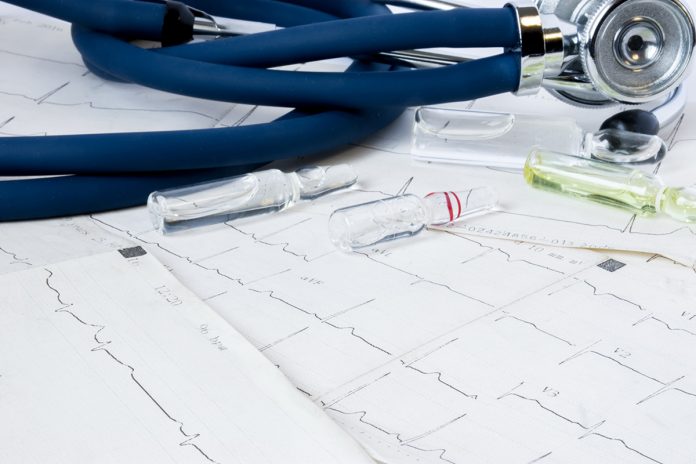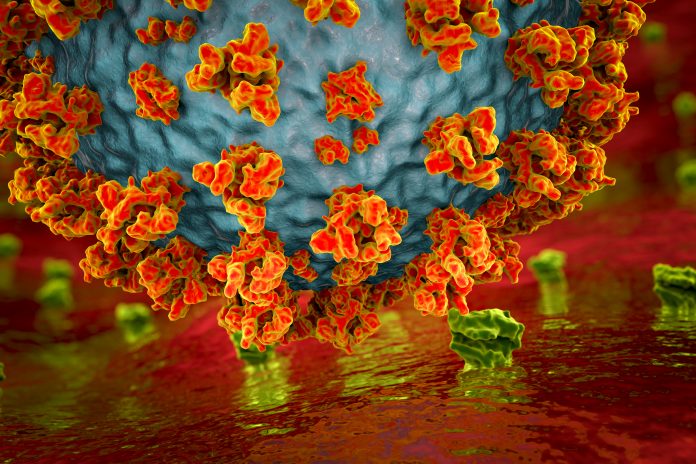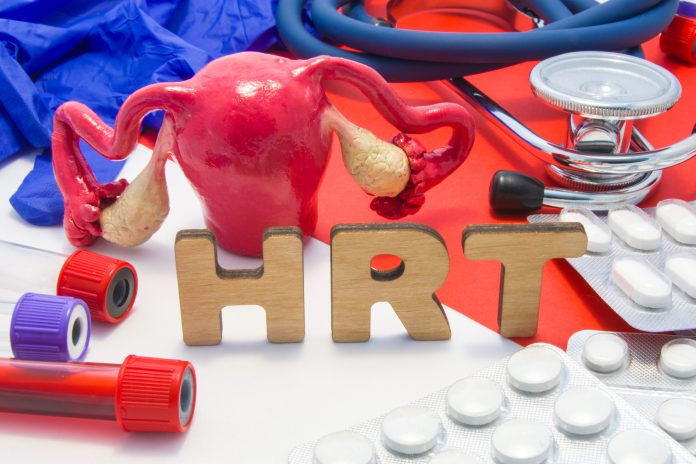Open Access Government produces compelling and informative news, publications, eBooks, and academic research articles for the public and private sector looking at health, diseases & conditions, workplace, research & innovation, digital transformation, government policy, environment, agriculture, energy, transport and more.
Home Search
red blood cell - search results
If you're not happy with the results, please do another search
Can B vitamins improve cognitive function in older people with mild impairment?
Therese Pei Fong Chow Research Centre for Prevention of Dementia, the Chinese University of Hong Kong, discuss if B vitamins can improve cognitive function in older people.
Targeting immune mechanisms underlying cardiovascular diseases
János G. Filep, MD from the University of Montreal and Maisonneuve-Rosemont Hospital in Canada, discusses targeting immune mechanisms underlying cardiovascular diseases.
Chemistry: Microfluidic devices for detecting pain
Jay Sibbitts, Shu Jia, Obdulia Covarrubias-Zambrano, Stefan H. Bossmann and Christopher T Culbertson from Kansas State University’s Department of Chemistry walk us through what we need to know about microfluidic devices for detecting pain.
What the COVID-19 pandemic has taught us about the need for urgent sepsis care
Stuart Snape, Managing Partner, Graham Coffey & Co. Solicitors, walks us through what the COVID-19 pandemic has taught us about the need for urgent sepsis care.
Modeling the whole-body dynamics of SARS-CoV-2 to investigate treatment strategies for effective management of...
Prashant Dogra1, Kavya Sinha2, Zhihui Wang1, Vittorio Cristini1,*
1Mathematics in Medicine Program, Houston Methodist Research Institute, Houston, Texas
2Department of Cardiovascular Surgery, Houston Methodist DeBakey Heart & Vascular Center, Houston, Texas
*Correspondence: vcristini@houstonmethodist.org
Severe acute respiratory syndrome coronavirus 2 (SARS-CoV-2) is a pathogen of immense public health concern, having caused ~4.1 million confirmed...
Existing drugs should be used to treat COVID-19 instead of vaccine
Researchers say we should repurpose existing drugs, which would be faster than waiting for a "magic bullet" vaccine to treat COVID-19.
How to manage acne rosacea in times of stress
Skin conditions often get worse when we are stressed – for example, during the COVID-19 pandemic. Have you just been diagnosed with acne rosacea? Are there any tips or tricks on how to manage it? Here, Dr Deborah Lee, Dr Fox Online Pharmacy, explains everything you need to know.
Scientists design novel chemical compounds using AI to combat SARS-CoV-2
Scientists at TCS designed novel chemical compounds using AI that can inhibit the 3CL protease of SARS-CoV-2, which is responsible for viral replication. Ananth Krishnan, Chief Technology Office, TCS, discusses the research here.
What are the financial implications of COVID-19 for SMEs?
Here, Simon Renshaw, senior insolvency practitioner at Company Debt, highlights what financial implications UK SMEs will have to face amid the coronavirus pandemic.
Better access to health services for Deaf community is needed
Clare Vale, Managing Director of Sign Solutions, discusses how COVID-19 has highlighted the need for better access to health services for the Deaf community.
Could hormone replacement therapy boost your immune system?
Dr Deborah Lee, Dr Fox Online Pharmacy, discusses whether hormone replacement therapy could boost your immune system in the face of the COVID-19 pandemic.
Antibacterial bioactive glass for bone reconstruction: A new approach to infection treatment
Nina Lindfors, Director of Teaching and Research at Helsinki University Hospital, illuminates us about a new approach to infection treatment that concerns an antibacterial bioactive glass for bone reconstruction.
Up in smoke: Understanding knowledge gaps for cannabis edibles
Michael A. Rogers outlines four necessary elements to increase further societal understanding about the use of cannabis edibles.
Researchers test drug that stops early stages of COVID-19
Dr. Josef Penninger led an international team from the University of British Columbia to pioneer a trial drug that could stop infection in the early stages of COVID-19.
Coronavirus and women’s health: Contraception, pregnancy and menopause
Dr Deborah Lee, Dr Fox Online Pharmacy, addresses a variety of concerns related to coronavirus and women's health from contraception and pregnancy to menopause, highlighting why this virus affects men and women differently.
COVID-19 research: Scientists prove that China did not create coronavirus
Conspiracy theorists can now take COVID-19 research off their radar: Scripps Research analysed the virus and found that it was not created by China.
What do women need to know about menopause and the heart?
Dr Deborah Lee, Sexual & Reproductive Healthcare Specialist, Menopause Specialist of Dr Fox Online Pharmacy, highlights the effects that menopause has on the heart and discusses how HRT could be beneficial to you.
Soluble circulating cytokine receptors in chronic inflammatory lung diseases
Michael Roth discusses soluble circulating cytokine receptors in chronic inflammatory lung diseases, which he describes as the under-estimated regulators of inflammation and remodelling.
Naturalis London: Providing quality CBD
Joe Seaman, Head of Client Relations at Naturalis London, tells us how the firm is providing quality CBD, trusted education and tailored consumer advice.
Is the menopause affecting you at work?
Dr Deborah Lee, Specialist in Sexual & Reproductive Healthcare and Menopause, Dr Fox Online Pharmacy, discusses how the menopause may be affecting you at work.





















